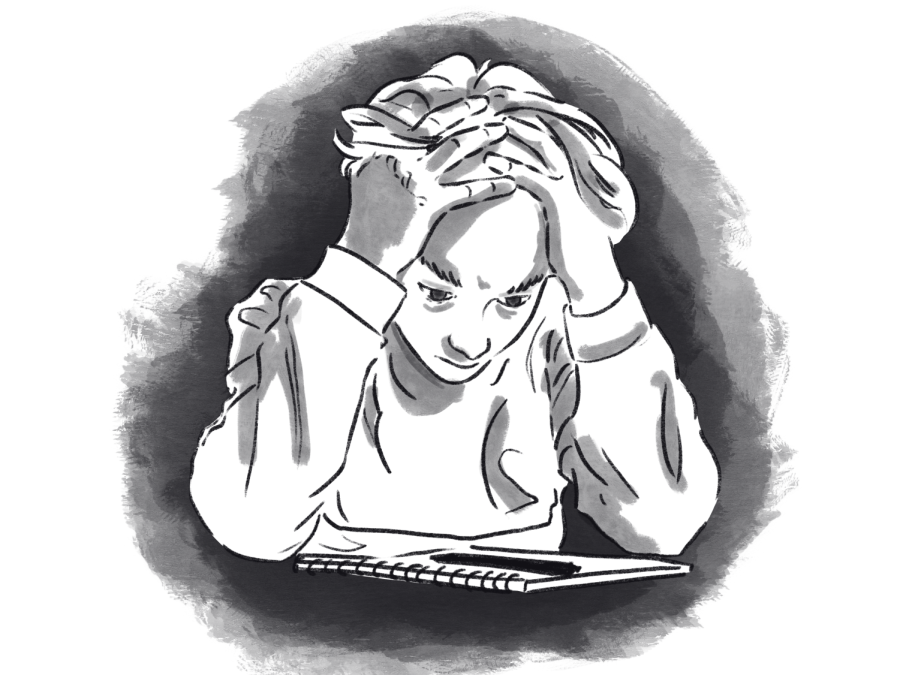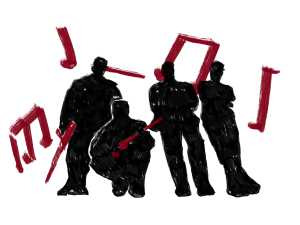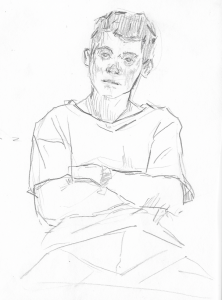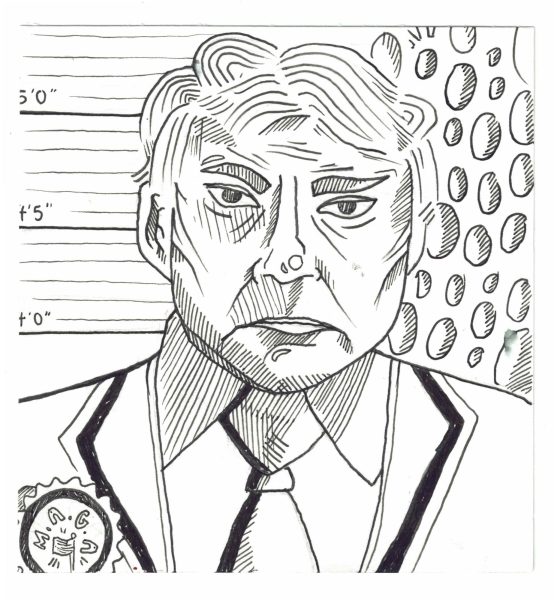CRLS Needs to Address The Pandemic Learning Gap
February 12, 2023
CRLS, like many schools, has seen its ups and downs since the start of the pandemic. The transition from in-person to online learning and back again has involved several different schedules and changes, demanding that students and teachers alike adapt quickly to the many differences. But due to this pressure, students and teachers alike are still seeing the impact of online learning in classrooms. Without being properly addressed, we could see the learning gap caused by online learning extend for much longer than it needs to.
Many students feel that they missed out on fundamental learning over the pandemic and are struggling to catch up to “regular levels.” A recent New York Times article titled “Math Scores Fell in Nearly Every State, and Reading Dipped on National Exam” confirms this. Data from the Department of Education shows that in many states, students are doing worse on standardized tests, and students who are from low-income and marginalized communities are the hardest hit in Massachusetts. There needs to be a stronger effort to recover from the loss of learning over the pandemic.
The drop in math scores can also be seen in the lower confidence students have in their abilities and the added time it takes to learn new concepts. Anaïs Pite ’24 told the Register Forum how online learning set her back in math—as it did for many students—saying, “My class might be behind or lack the foundational knowledge required, but that is not completely the fault of teachers. They also struggled with trying to teach online.” This is a sentiment shared by many students who find themselves still struggling to catch up.
Teaching during the pandemic was without a doubt an immense challenge, and teachers also note how the change was difficult to deal with. The transition back to in-person learning was an additional adjustment. “Last year I think discussions and group work was a bit more forced, as students were a little out of practice. On the other hand, I think in some ways they enjoyed it more once getting into it also because they were a little out of practice,” history teacher Ms. Rachel Otty explained to the Register Forum.
The farther we move from the days of online learning, the more distant this discussion will become. However, the children impacted by the pandemic will continue to move through the education system lacking foundational knowledge that is imperative to their education. There needs to be a stronger effort to recover from the loss of learning over the pandemic, and attention needs to be given to students already falling behind.
Equally important is making sure that the challenge of addressing all kinds of academic inequities, in addition to the learning gap instituted by the pandemic, does not fall upon teachers alone to solve. While there are some measures teachers can take to ease the load on students in general, such as maintaining a more lenient late-work policy post-pandemic, there is only so much teachers can do without a more unified effort to assist students trying to catch up. Ensuring that mental health and tutoring resources are easily available and provided to students is essential to closing the learning gap before this becomes a distant conversation.











